Ways to avoid an escalation of the diplomatic crisis with the United States: Is Gustavo Petro's government willing?

In the face of a new chapter of diplomatic tension with the United States following Colombia's decertification in the fight against drug trafficking and the revocation of President Gustavo Petro's visa for the controversial call to the U.S. military to disavow its commander-in-chief—two events that have not occurred since the administration of Ernesto Samper—the former foreign ministers are calling for diplomacy to prevail in order to sustain relations with the country's most important trading partner.
Following the incident, President Petro has increasingly lashed out at the Trump administration, which announced the revocation of the president's visa for having urged US soldiers to disobey orders and incite violence in the streets of New York , during his visit to the UN General Assembly.
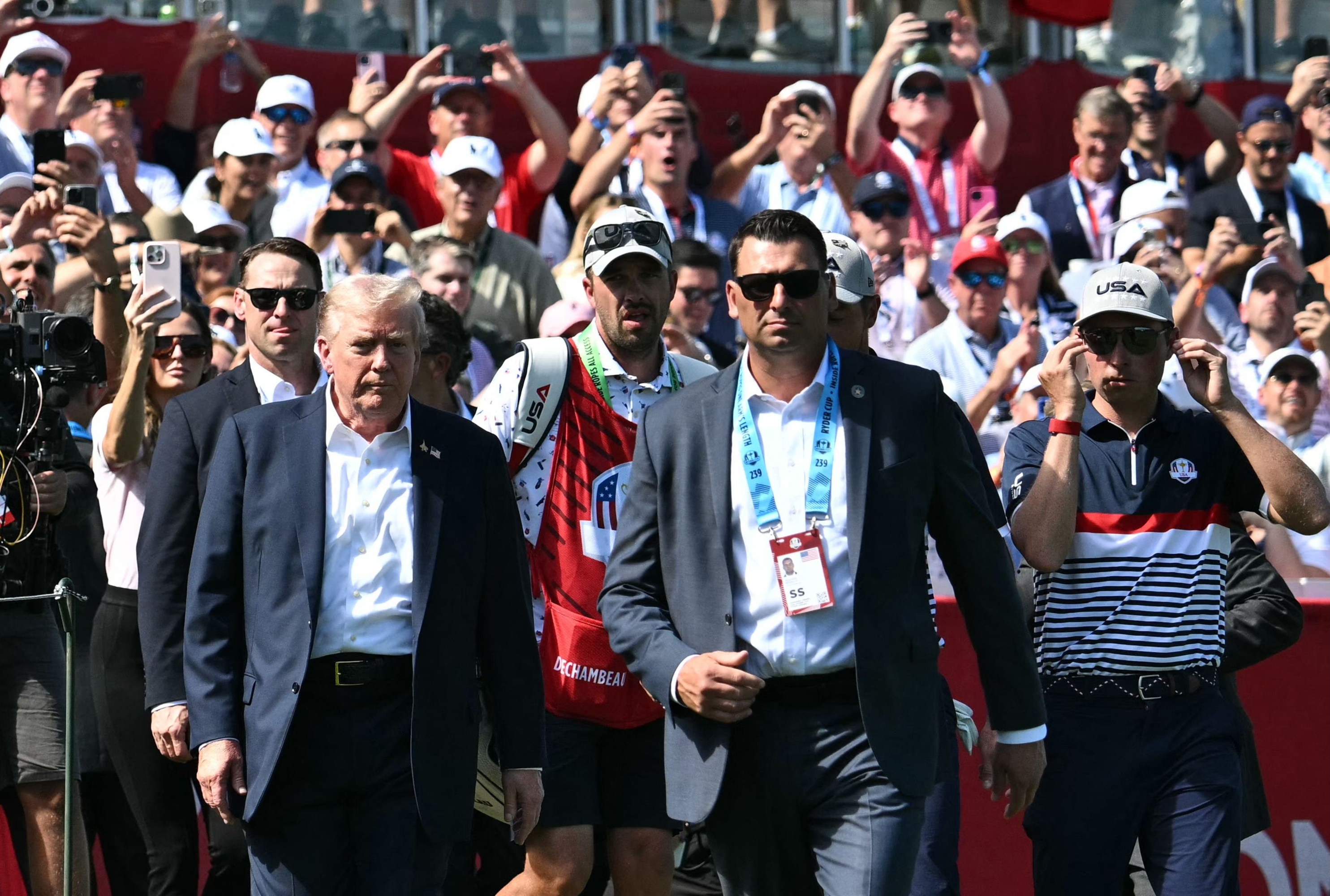
Donald Trump at the Ryder Cup Photo: AFP
"Revoking the visa is not an act against Petro, but against the United Nations and against the struggle for the life of humanity," the president said yesterday on social media. However, analysts have agreed that the statement was politically motivated.
But now, in addition to the president's messages on his X account, unlike what happened with other foreign ministers of this government, such as Luis Gilberto Murillo and Laura Sarabia, the San Carlos Palace is also taking the same tone as the president.
On Saturday night, the Foreign Ministry issued a statement accusing the United States of using the visa revocation as a "diplomatic weapon" and of violating the "spirit of the 1945 Charter, which guarantees on-site participation with the promotion and protection of the right to freedom of opinion and expression regardless of borders."
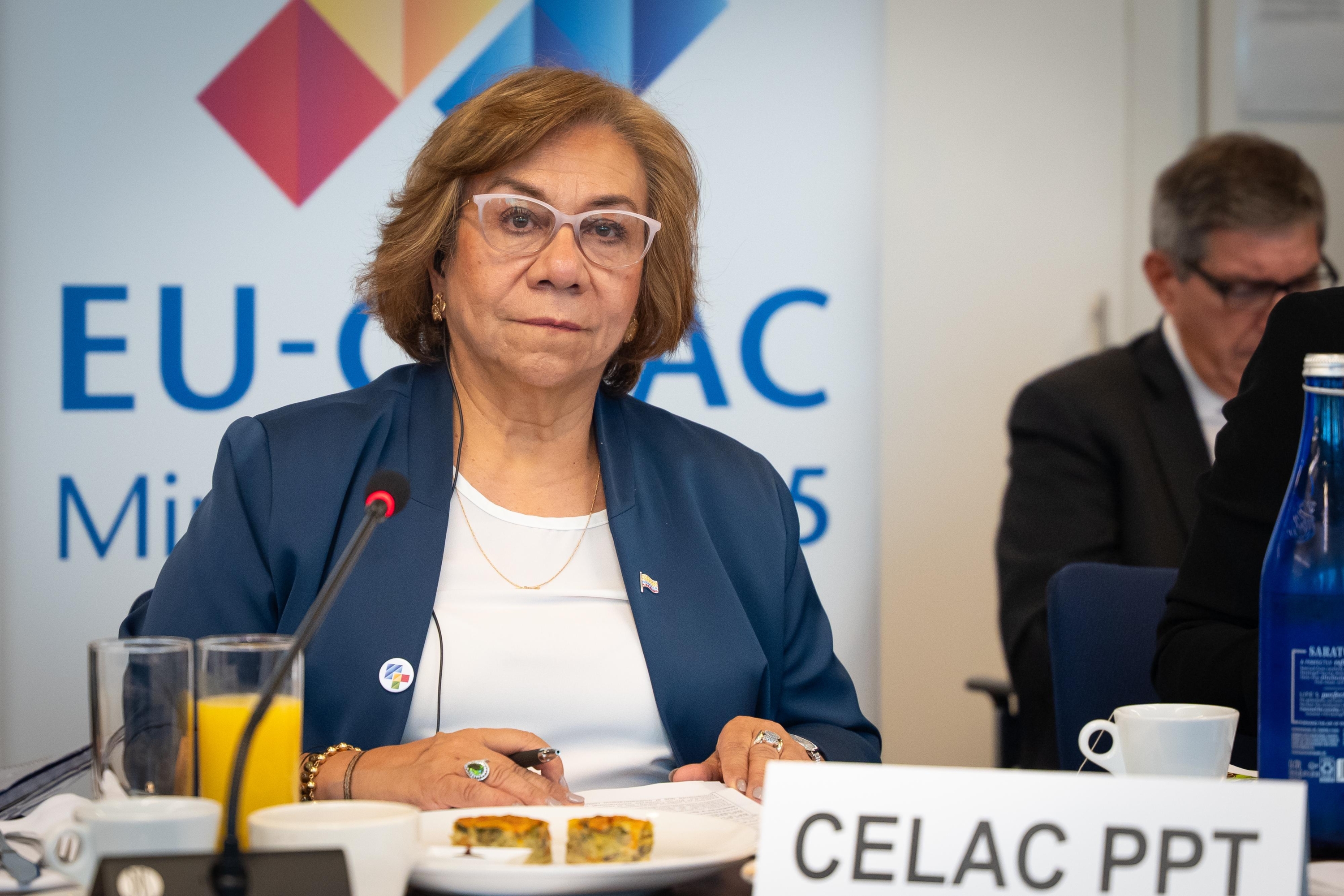
Rosa Yolanda Villavicencio Mapy, Colombian Foreign Minister. Photo: Foreign Ministry
"We can't expect much from the government to make an effort to improve the tone and relationship with the United States. There's no remedy coming from either the President or the Foreign Ministry, much less from a foreign minister who, unlike other foreign ministers, prioritized maintaining a moderately functional relationship. Villavicencio is there solely and exclusively to obey, reinforce, and serve as a sounding board for what the President says," said analyst Sandra Borda.
The former foreign ministers' call for diplomacy to prevail Thus, the future of the relationship between Bogotá and Washington rests in the hands of Colombia's ambassador to the United States, Daniel García-Peña, and how to avoid, through diplomacy, the escalation of this crisis with the country's main trading partner. García-Peña, who once announced tariffs of 50 percent on Colombia in the midst of another crisis caused by President Gustavo Petro when he prevented the arrival of planes carrying deportees, would have been a blow to the economy and was avoided thanks to the diplomatic efforts of Murillo, the outgoing foreign minister, and Sarabia, who replaced him.
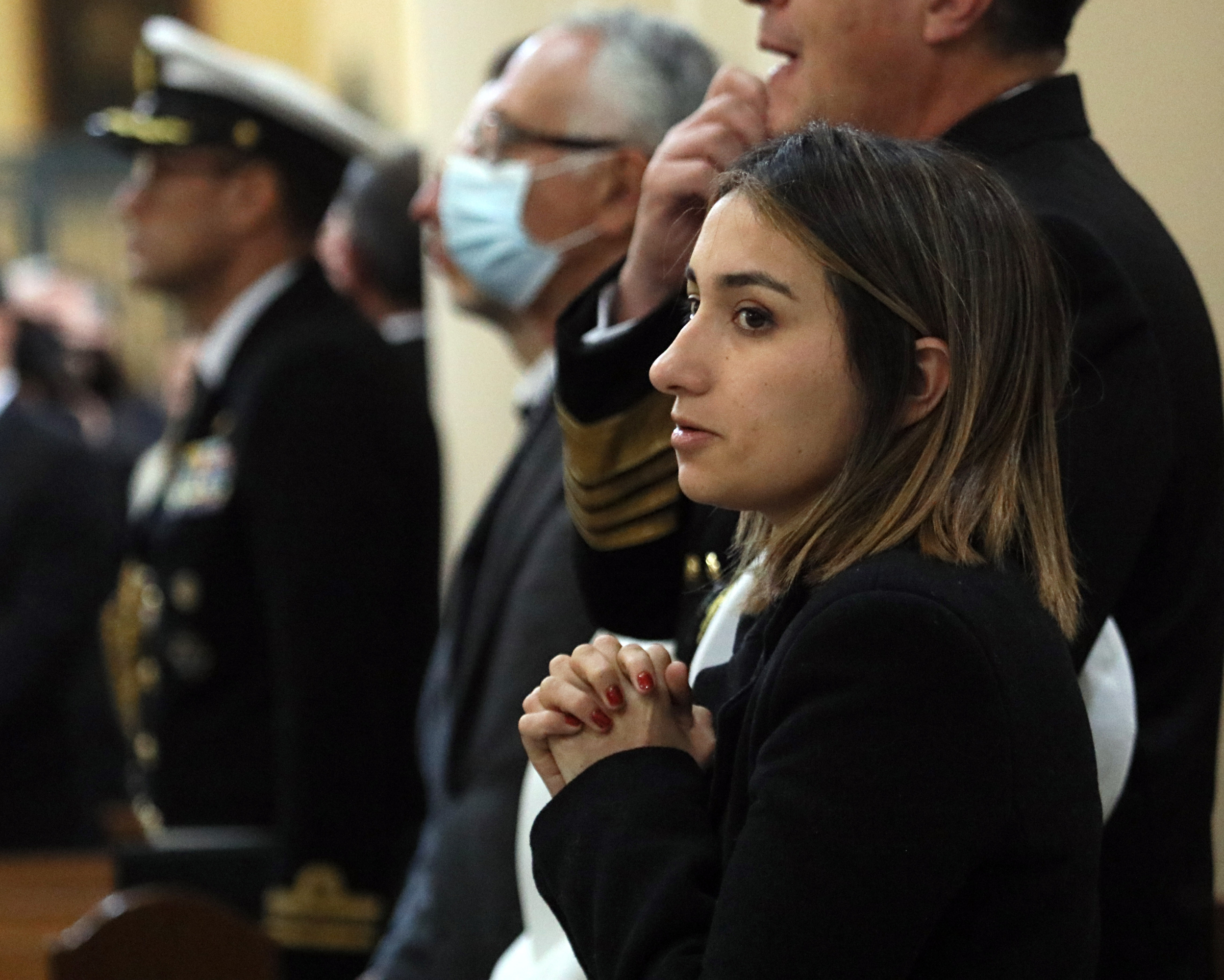
Laura Sarabia, former foreign minister. Photo: MILTON DÍAZ
Specifically regarding this crisis, Sarabia asserted that a complete breakdown in relations between the two nations must be avoided. "Diplomacy must be the way to resolve differences. Diplomacy must act as a buffer to prevent political tensions from escalating into a larger conflict," the former foreign minister told this newspaper.
For former Foreign Minister and Vice President Marta Lucía Ramírez, the President is nearing the end of his term and has failed to understand what a statesman is. She questions the president's actions and disregards the national interest and Colombia's short- and long-term needs. "Foreign policy cannot be used to satisfy personal vanity or to claim personal leadership and revenge, seeking to appear as a victim and risking the country's isolation, loss of international reputation, and the withdrawal of international cooperation on strategic issues for Colombia, at a time when the global community, challenged by international criminal networks, many of them linked to Colombia, needs to build supportive relationships based on democratic values," Ramírez asserted.
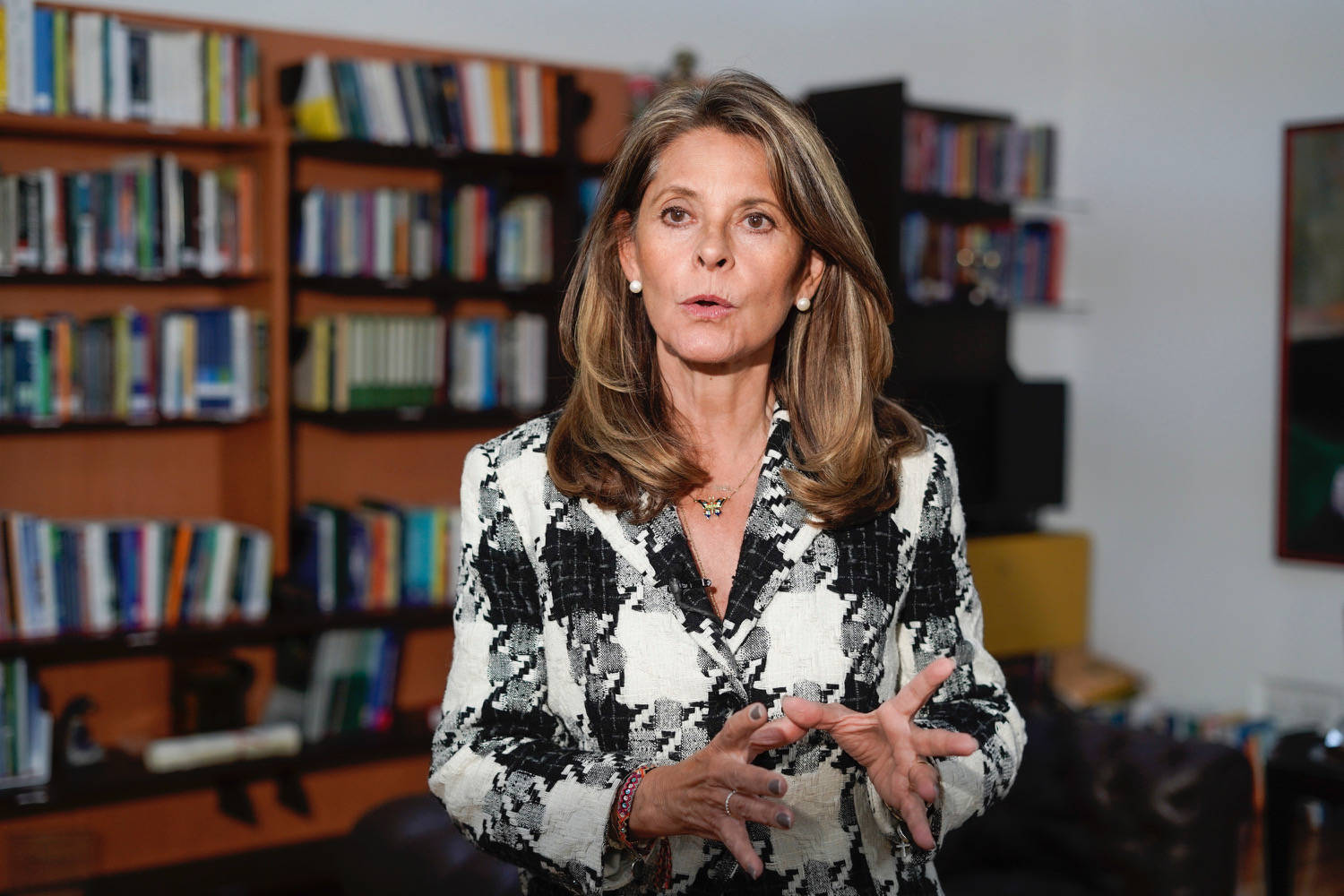
Vice President Marta Lucía Ramírez. Photo: Vice Presidential Press
Therefore, the path forward, former Colombian diplomats insist, is to prioritize the nation's interests with its main trading partner, since a setback in those relations could severely impact the Colombian economy.
"The way to avoid another problem is to avoid personalizing international relations, to avoid depending on the head of state's sympathies with other presidents. Likewise, don't use microphone diplomacy or X-messages. You have to go to the Foreign Ministry," said former Foreign Minister Julio Londoño , who added: "The ambassador must look for something positive to show the country. I think the ambassador in Washington has tried to do that."
You may be interested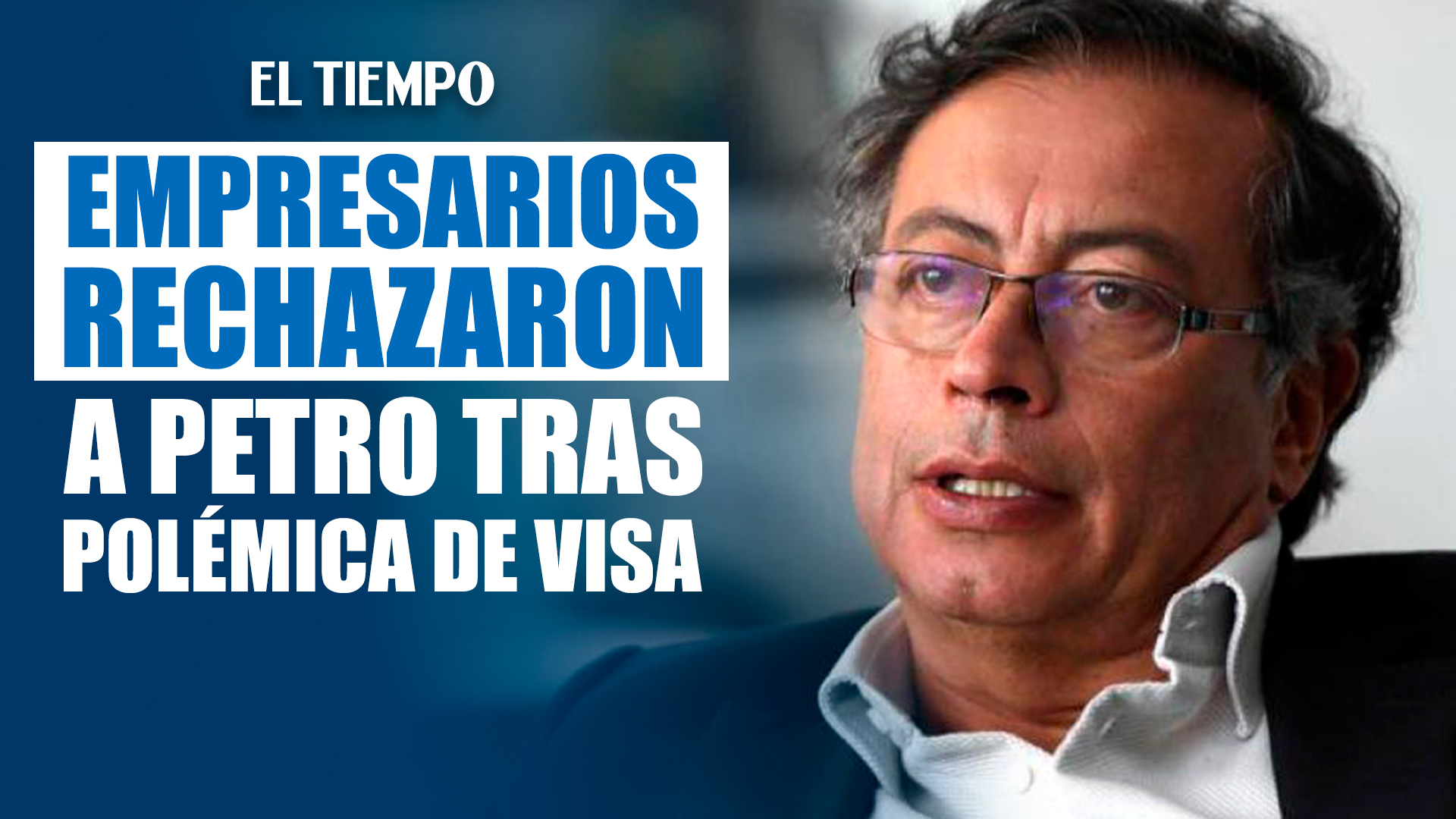
Gustavo Petro. Photo:
eltiempo





